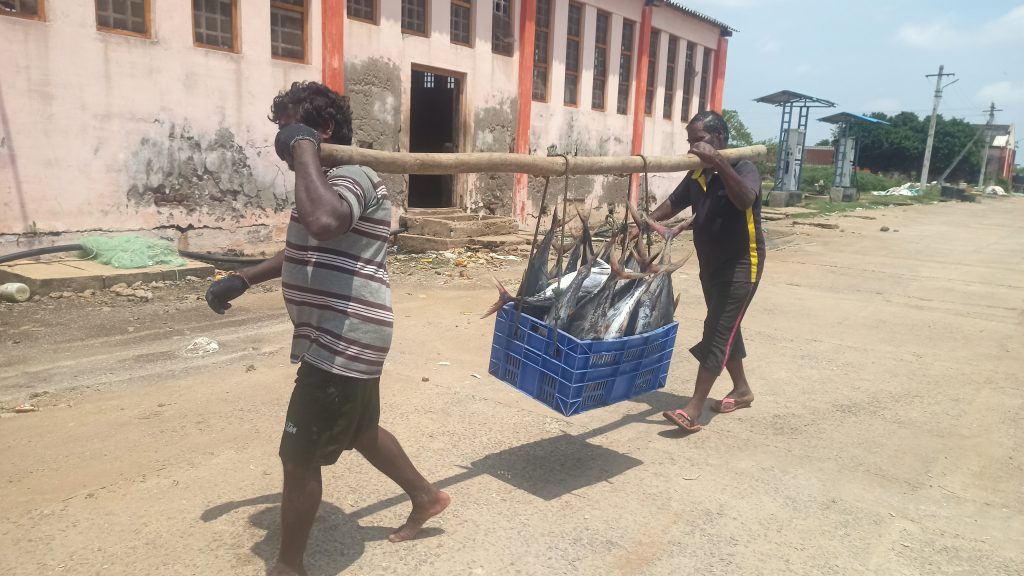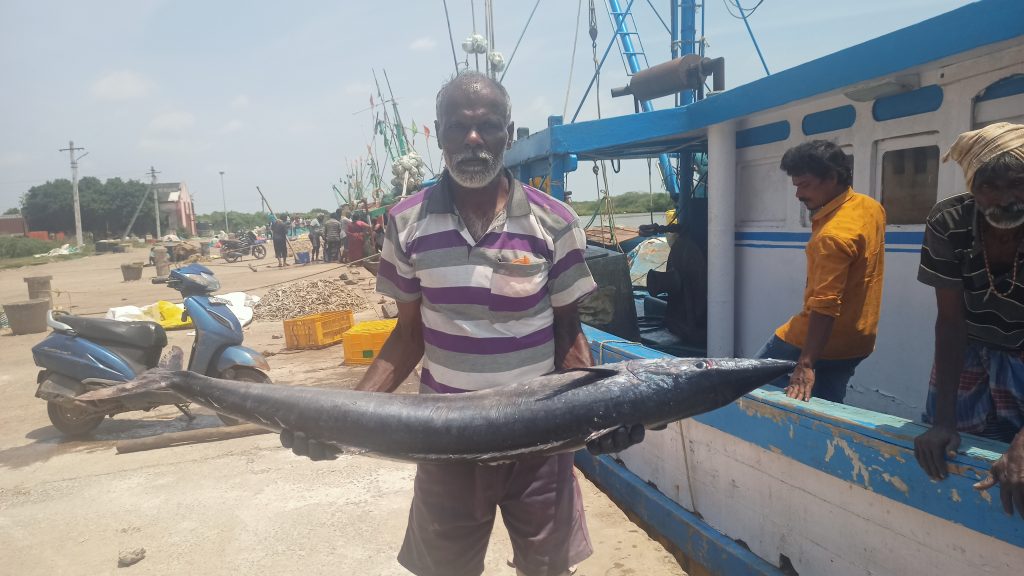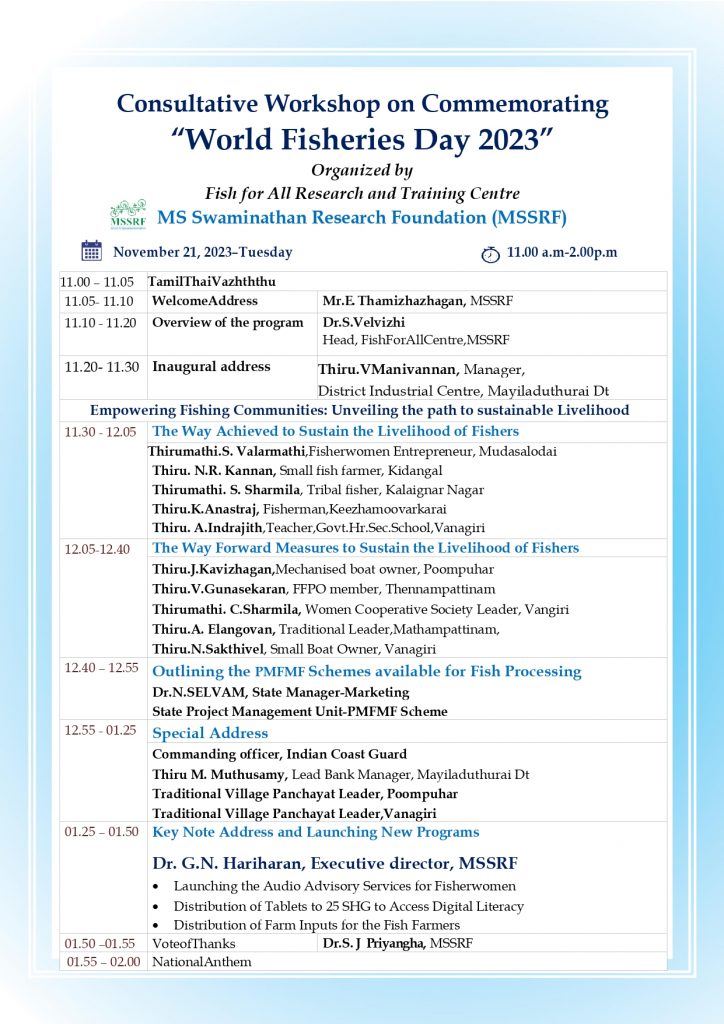Blue Transformation needs a strong commitment from the multiple sectors
Over the last two decades, the fisheries sector has been increasingly recognised for their essential contribution to global food security and nutrition. Fish provides more than 25% of the world dietary protein. Global consumption of aquatic foods has increased at an annual average of 3.0 percent since 1961, compared with population growth rate of 1.6 percent (FAO 2022). It is estimated that rising population, urbanisation, improvements in harvest and post-harvest practices, and changes in dietary pattern will drive a 15 percent growth in aquatic food consumption by 2030. In order to achieve this mission, ‘Blue Transformation’ is an essential strategy.
According to UN Food and Agricultural Organization, Blue Transformation is about enhancing the potential of food systems under water and feeding the world’s growing population sustainably. It seeks to promote sustainable fisheries and improvement of aquatic value chains. Effective management of fisheries is a core focus of blue transformation. Sustainable fishery management practices, good governance, policy reforms, innovative fishing technologies, effective institutional framework, and inclusiveness with adequate social protection are the key pillars to create an enabling environment for blue transformation. If you want sustainable blue transformation, commitment from multiple sectors including government, communities, the private sector, and civil society is important and necessary to maximize opportunities that fisheries and aquaculture offer. More community-centric transformative changes are needed to achieve a sustainable way for food insecurity.


At the global level, more than 58.5 million people employed in the primary fisheries and aquaculture sector, 21 percent are women, rising to about 50 percent for those employed in the entire aquatic value chain (including pre- and post-harvest). Women’s work burden is reduced by enhancing their access to technologies, practices and infrastructure, by promoting an equitable distribution of responsibilities, including at the household level.
As we have reached a critical point in fish production, it is necessary to practice responsible sustainable fishing and respecting our ocean so that the coastal communities that are relying on fishing for their subsistence and economy will be safe guarded. Increased warming has caused irreversible changes requiring urgent action to strengthen and accelerate climate adaptation measures, increasing the urgency of fisheries and aquaculture adaptations to climate change. Transformative adaptation plans are required at national and local levels, with particular attention to the most vulnerable and considering the needs of small-scale fisheries and aquaculture. Innovations in fishing technologies can improve efficiency, increase effectiveness and reduce costs, saving energy use and reducing impacts on ecosystems. Furthermore, inclusion of aquatic foods in national food security and nutrition strategies, together with initiatives to improve consumer awareness about their benefits, are needed to increase the availability and to improve the access.
Consultative Workshop to commemorate World Fisheries Day on November 21
Since 1998, World Fisheries Day is celebrated every year on the 21st of November to highlight the importance of conserving the ocean and marine life, which provides food for billions and employment opportunities for over 50 million people worldwide. It is a great occasion for us to discuss and reflect on issues, challenges and opportunities in the fisheries sector towards transformation, to show our support and solidarity for fishers and fisheries development.
MSSRF has long been involved in fisheries and coastal resource management to improve the livelihood of coastal communities. MSSRF’s Fish for All Research and Training Centre in Poompuhar, Mayiladuthurai district in Tamil Nadu, was established to focus on research towards Blue Transformation, and interventions where developed to promote sustainable fisheries while strengthening the livelihoods of fishing communities.
Commemorating World Fisheries Day, the Centre has organised for a consultative workshop to discuss the importance of blue transformation processes, what has been achieved thus far, and what is required going forward. The event is open for fishers, fish farmers and key fisheries stakeholders to join the workshop at Fish for All Centre, Poompuhar from 11.00 am. Let’s all learn more about working towards blue transformation!


